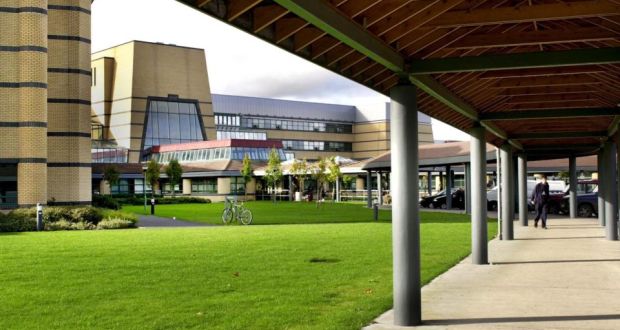Trinity and Tallaght University Hospital researchers have coordinated a successful H2020 bid with a value of €4.05 million for a collaborative European project linking healthcare data in autoimmune disease.
Researchers from 23 partners have successfully attained funding for an innovative training network known as Health Data Linkage for Clinical Benefit (HELICAL). The initiative links advances in data science with research datasets generated from healthcare records.
This collaborative effort offers an opportunity to use these advances and the substantial genomic, transcriptomic and clinical datasets from European researchers and patients with chronic autoimmune diseases. These datasets can help uncover more about the complex biology of these disorders, the impact the environment has on these conditions, and potential personalisation of autoimmune disease management.
HELICAL aims to overcome the challenges that currently limit data research which normally requires specific informatics skills and knowledge of requisite data protection principles. The HELICAL programme is trans-sectoral and interdisciplinary, providing training in analysis of large datasets.
The HELICAL training programme focuses on three complementary areas: application of informatics to large datasets to gain new biological insights: translation of biological into practical clinical outputs and identification of the novel ethical constraints imposed on such studies and development of strategies to manage them.
The programme also has implications for patient care, as it will foster a precision-medicine approach in vasculitis. This involves developing tools that can identify and predict disease flare and inform the clinician about when to change doses of the patient’s immunosuppressive medication.
HELICAL aims to identify strategies that target specific components of the immune system and blood vessel that are implicated in vasculitis, without impairing the individual’s ability to fight infection and malignancy. The programme also aims to develop technology that will deliver self-management tools through the patient’s smartphone.
Professor of Nephrology and Consultant Nephrologist, Dr Mark Little, said in a press statement: “For Trinity, the successful bid links the School of Medicine, the School of Computer Science and Statistics, the ADAPT Centre and the College at the heart of a European conversation about the re-use of health data and artificial intelligence at the dawn of the GDPR era.”
He continued: “By combining the innovation strength of the leading European vasculitis and machine learning researchers, in close collaboration with affected patients, we aim to learn about how the immune system interacts with our environment at an exposome, genetic and protein level. Irish funder support through Enterprise Ireland, Health Research Board, the Irish Nephrology Society and Meath Foundation provided the basis for this application, which was ranked joint first of 1714 applications.”







